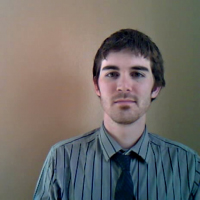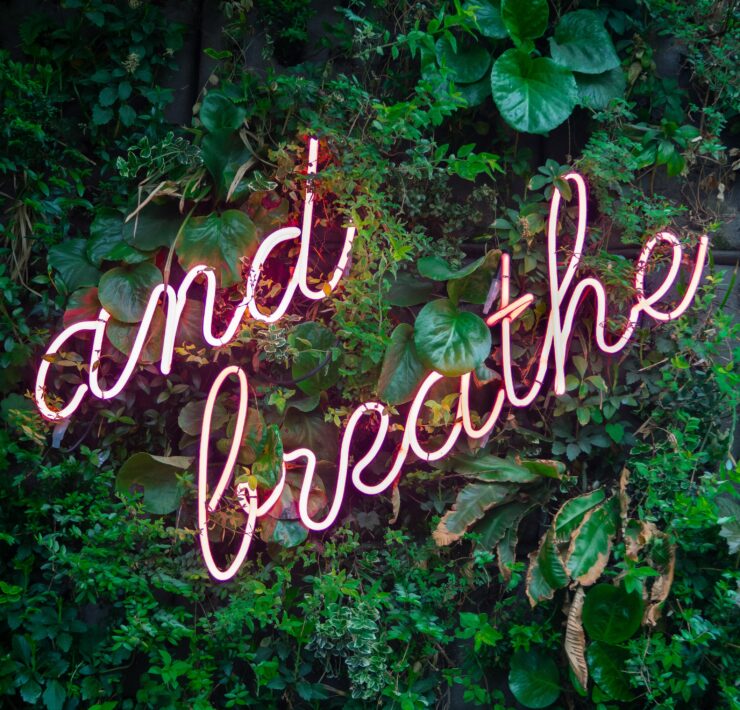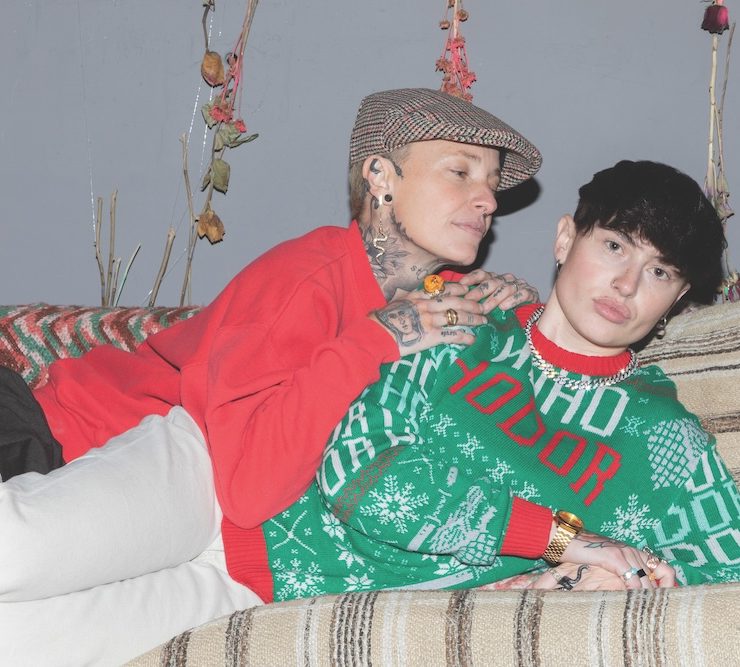From the Editor: Seeing ourselves without stereotypes

I was a little nervous planning a cover story that would investigate economic realities for the LGBT community. This issue comes out just in time for tax season, and explores issues that are so important that there’s no excusable reason not to do it — but it’s a topic that brought a risk of digging up some complicated issues.
When it comes to the LGBT community and wealth, there are conflicting generalizations. On one side is this image of ambitious and successful gay professionals living comfortably in double-income-no-kids households, with large disposable incomes in the most expensive neighborhoods for real estate in the country. On another hand is what our advocacy groups and activists are working to change when they talk about workplace discrimination, LGBT youth homelessness, income disparities and day-to-day hardships that less-visible parts of our community face — especially among LGBT people in rural areas, trans people and LGBT people of color.
Out Front is funded by advertisers — which is why you were able to pick up this issue or click to read this column online for free. Companies that advertise need to know they’re making a good investment reaching an audience with the means to bring them business. At the same time, Out Front exists with a very intentional and foundational moral purpose of connecting and supporting the LGBT and allied community — the whole LGBT and allied community — including those whose realities and hardships are overlooked elsewhere and who rely on us to tell their stories.
When there’s a potential for your existential interests and moral purpose to be at odds, which side wins out? Everyone has to answer that question for themselves (and maybe only alone in the bedroom with the lights off and the door locked). But for us at Out Front, our responsibility is to the truth.
The truth we found brought the two pictures of the LGBT community together. We are a community that includes both influential and marginalized people, just like society as a whole. There are LGBT people who are extremely wealthy and there are LGBT people who are scraping by; most are in between, just like in society as a whole. To be honest, I don’t think this is going to be a surprise to anyone.
We also found a truth that the LGBT community, varied as it may be, is an economic force to be reckoned with — we collectively spend hundreds of billions of dollars a year and are very loyal customers for businesses that publicly support equality. That might be one reason why so many Fortune 500 companies were offering same-sex employee benefits years before marriage equality was popular in polls: the people paying the closest attention were ready to reward them for that choice.
One of the things I love about our community is when we treat each other like one family, and I think that in the LGBT community you find more chosen friendships and relationships that cross vast differences in wealth and income that you would find elsewhere — from corporate executives to starving artists, from comfortable stability to people who find themselves down on their luck and need a couch to crash on. I’ve seen many examples of LGBT people rising to the occasion and being there for someone in a crisis, without disdain or judgment, either personally or through community organizations, charities and positive political causes. We’re a community that brings vast differences in life experience together, and one that really cares for each other — and it makes me proud to call this community my own.










